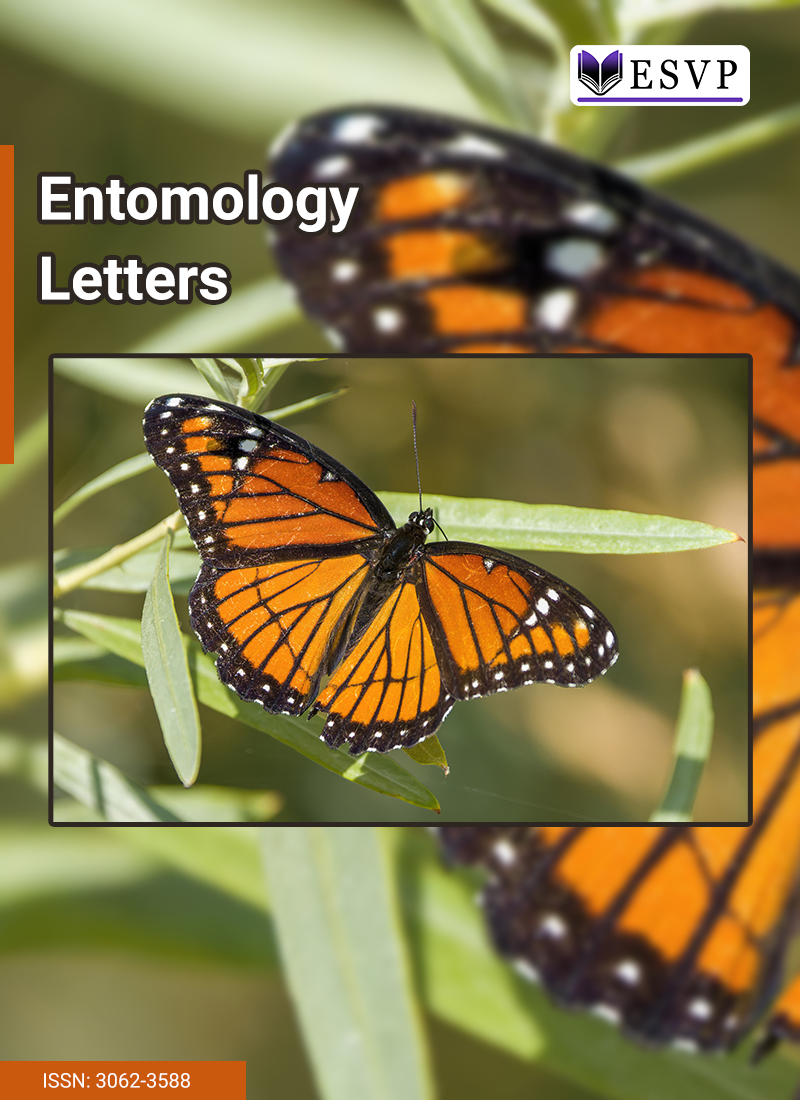
The insect production industry is expanding rapidly across the globe, offering an effective approach to recycling organic waste. One of the most important by-products of this process is insect feces, commonly referred to as ‘frass.’ Since frass is generated in larger quantities than the insects themselves, its use is essential to promote a sustainable circular economy. This research focused on assessing the feasibility of employing frass from yellow mealworms (Tenebrio molitor) as a fertilizer. Spectroscopic techniques were used to analyze its mineral composition, revealing nitrogen, phosphorus, and potassium levels of 3.3%, 2.8%, and 2.3%, respectively. These concentrations aligned with existing data, supporting the idea that frass could serve as either a replacement for or an enhancement to conventional fertilizers. The study also evaluated its fertilizing efficiency, and the results showed that the highest productive yield came from soil treated with both frass and mineral fertilizer. This was followed by frass applied alongside high-quality seeds, followed by mineral fertilizer alone, which still resulted in a fairly good yield, while untreated soil produced the lowest output. Despite these promising findings, further research is necessary, particularly on the immune-boosting properties of frass, to build upon the insights gained in this study.